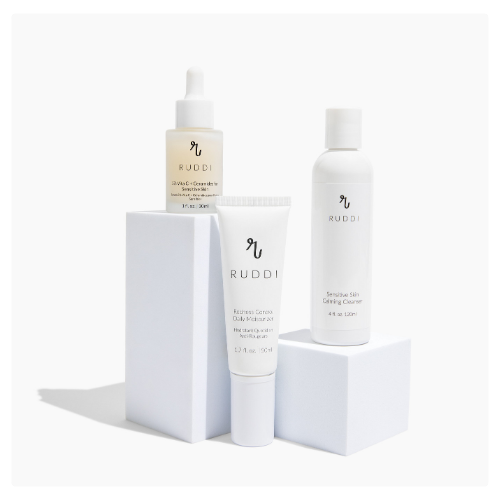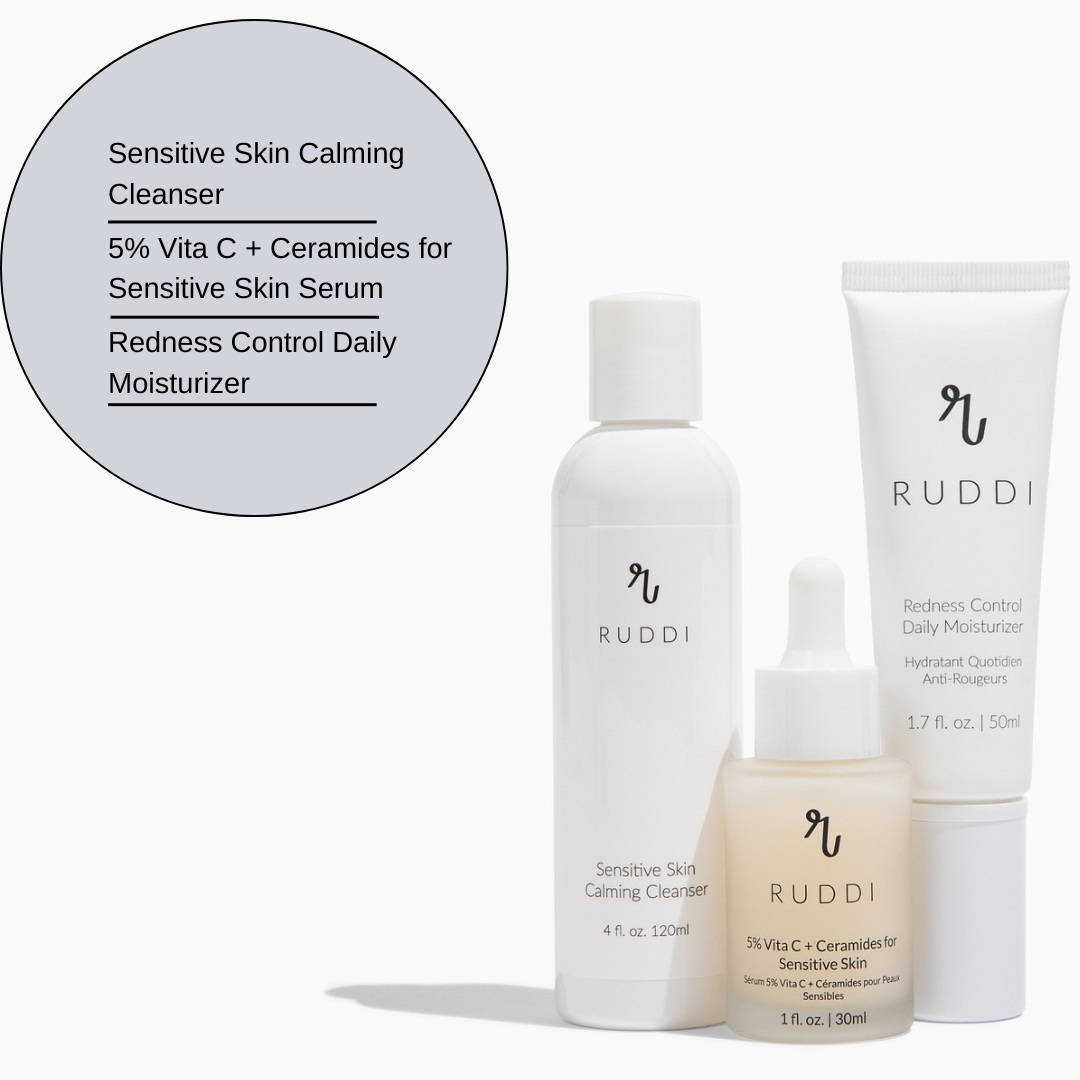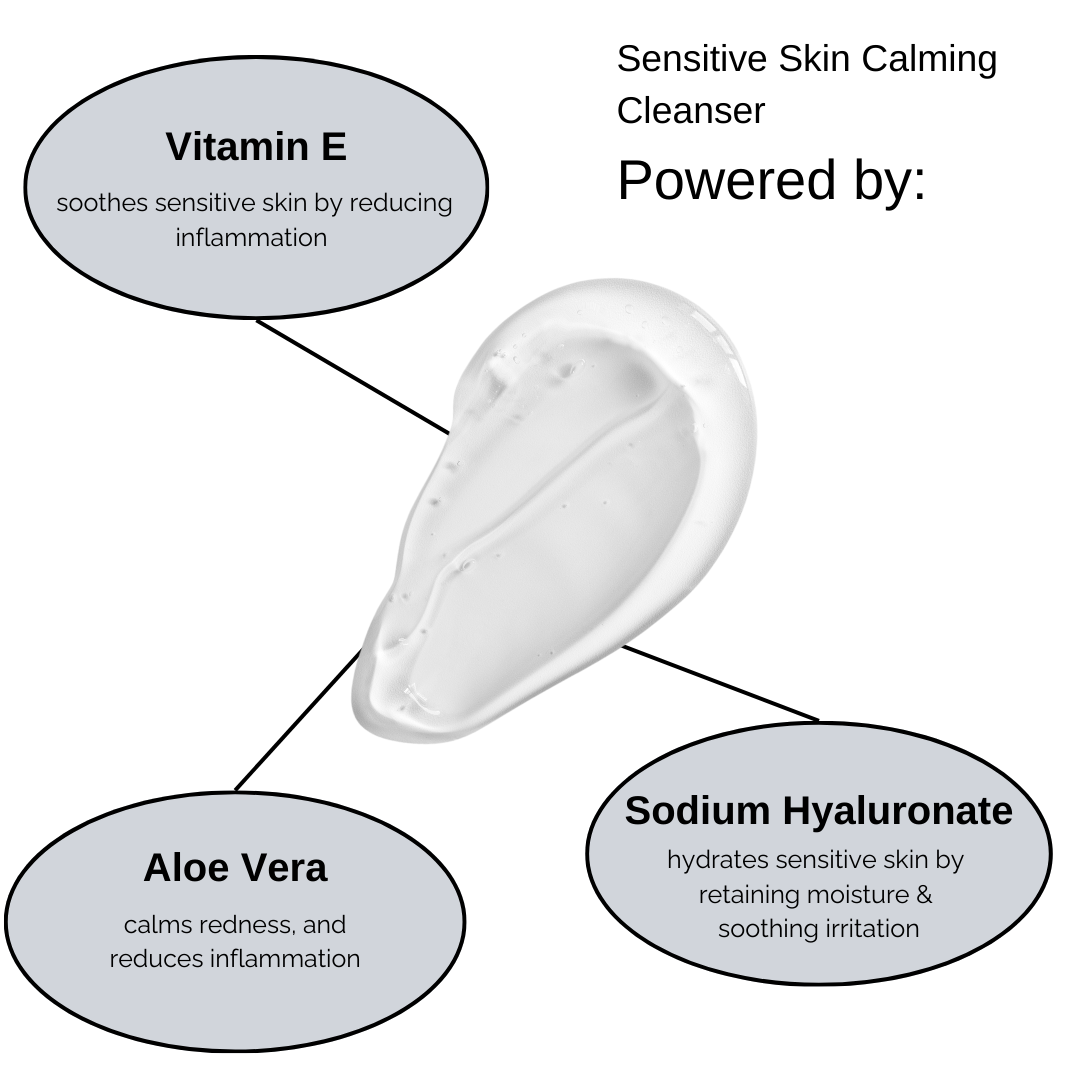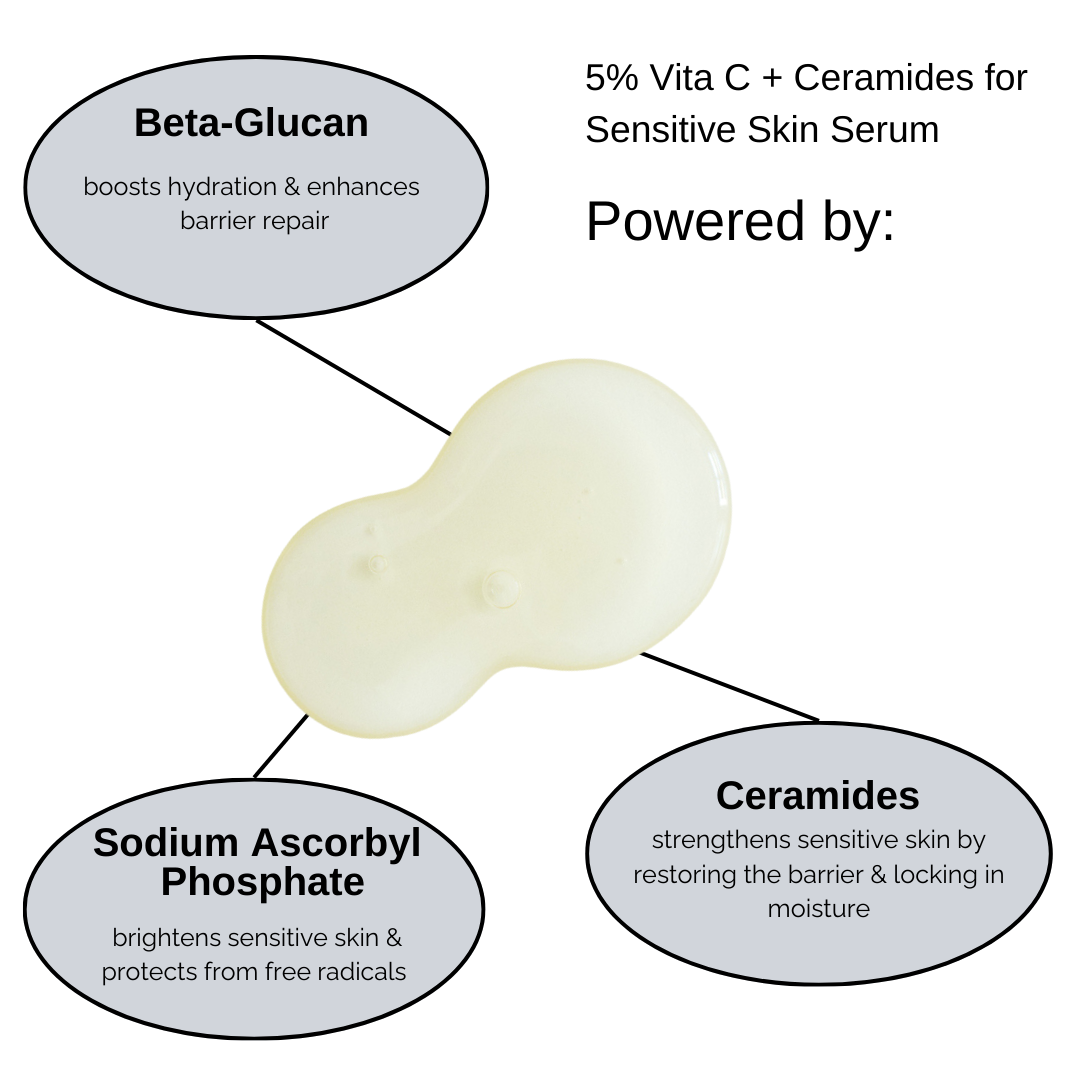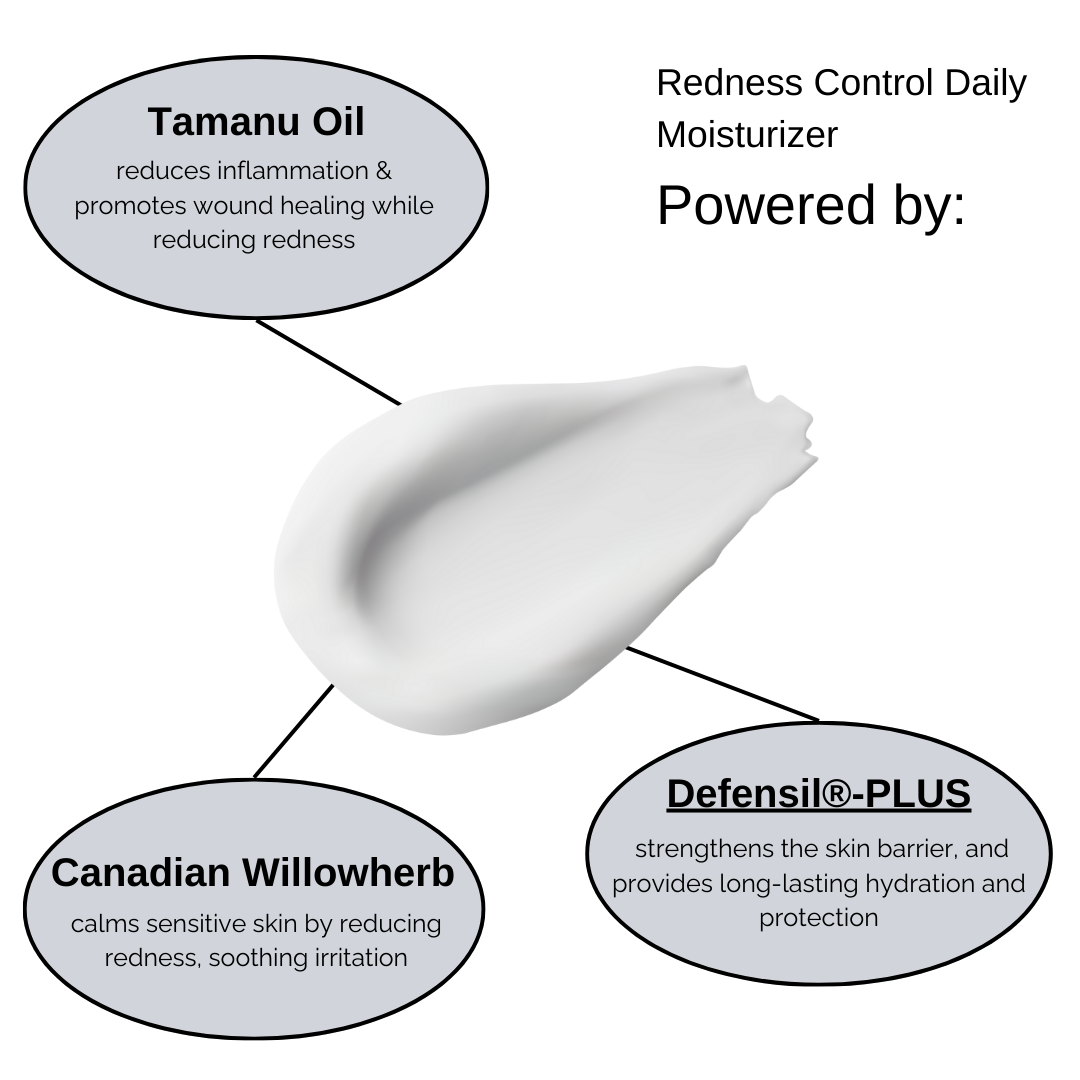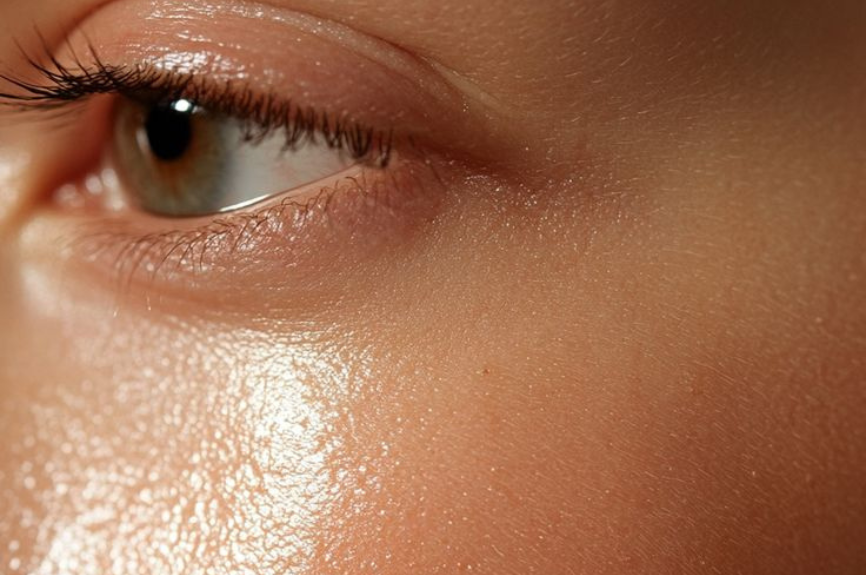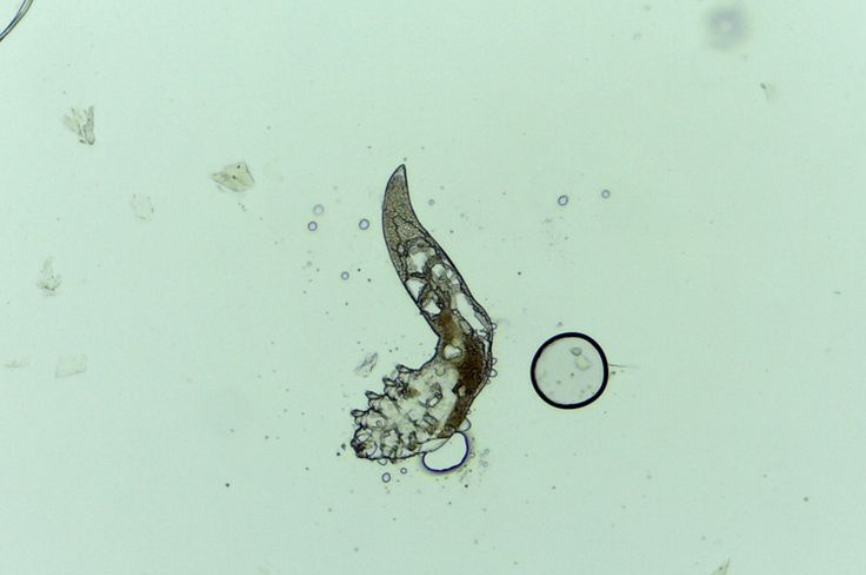
Top Rosacea Myths Debunked: Separating Fact from Fiction
There are numerous misconceptions about Rosacea - its causes, triggers, and treatments. Dispelling these myths is crucial for effective management and understanding of the condition. Here are some prevalent myths about rosacea, debunked:
Myth 1: Rosacea is Caused by Poor Hygiene
Fact: Rosacea is an inflammatory skin condition unrelated to cleanliness. Over-cleansing or using harsh skincare products can actually exacerbate symptoms by irritating the skin further.
Myth 2: Rosacea is Contagious
Fact: Rosacea cannot be transmitted from person to person. It is not caused by bacteria or any infectious agent, and there is no evidence to suggest it is contagious.
Myth 3: Rosacea is Just Adult Acne
Fact: While rosacea and acne can both present with pimples and redness, they are distinct conditions with different underlying causes and treatments. Using acne treatments on rosacea can sometimes worsen the condition.
Myth 4: Only Fair-Skinned Individuals Get Rosacea
Fact: Although rosacea is more commonly diagnosed in individuals with lighter skin tones, it can affect people of all skin colors and ethnicities. Misdiagnosis or delayed diagnosis in those with darker skin tones can often result from this misconception.
Myth 5: Rosacea is Caused by Heavy Drinking
Fact: While alcohol can trigger rosacea flare-ups in some individuals, it does not cause the condition. Even those who abstain from alcohol can develop rosacea.
Myth 6: Rosacea is a Result of Poor Diet
Fact: No specific diet causes rosacea. However, certain foods and beverages, such as spicy foods and hot drinks, may trigger flare-ups in some individuals. Identifying and avoiding personal triggers can help manage symptoms.
Myth 7: Rosacea is Curable
Fact: There is currently no cure for rosacea, but with proper treatment and lifestyle adjustments, individuals can effectively manage and reduce symptoms. Early diagnosis and intervention are key to controlling the condition.
Myth 8: Rosacea Only Affects Older Adults
Fact: While rosacea commonly develops between the ages of 30 and 50, it can occur in individuals of all ages, including teenagers and, in rare cases, children.
Understanding the facts about rosacea is essential for effective management and reducing stigma associated with the condition. If you suspect you have rosacea, consult with a dermatologist for an accurate diagnosis and personalized treatment plan.

